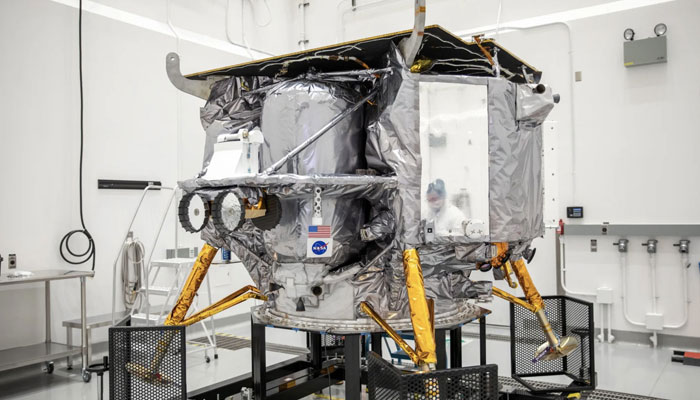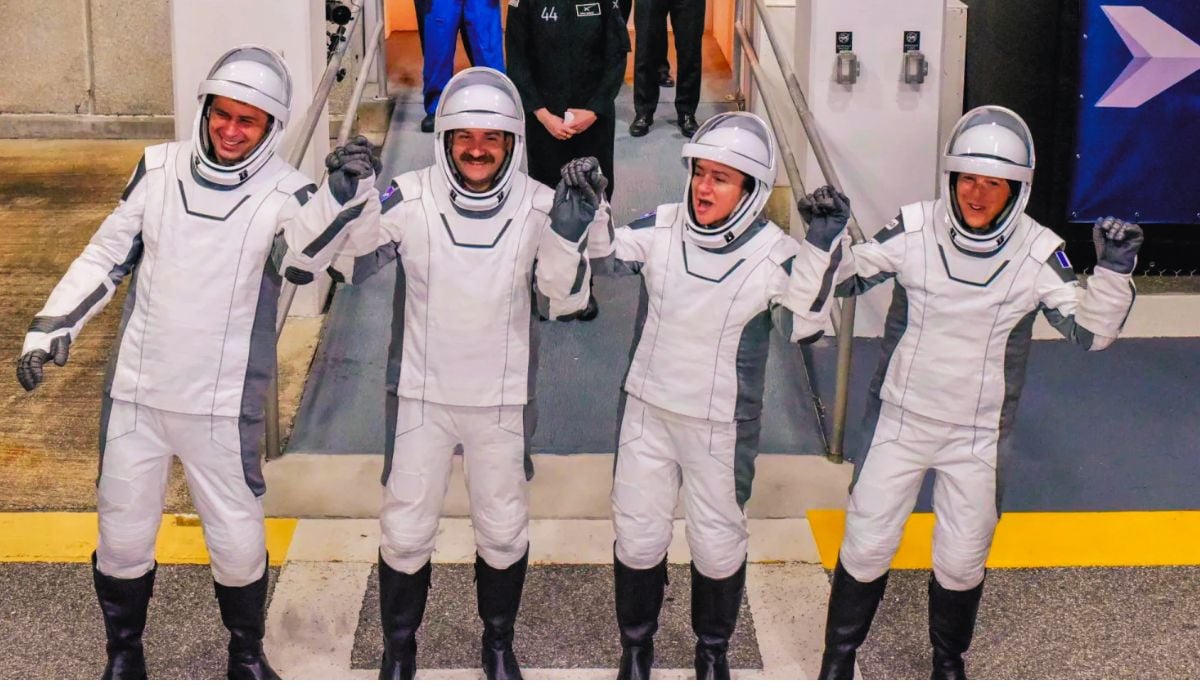US set to return to Moon after 50 years on January 25
Astrobotic CEO John Thornton says Peregrine lander will carry Nasa instruments to study lunar environment
The United States is gearing up for an exciting lunar mission, set to take place on January 25, more than 50 years after the last Apollo mission, according to the head of what could be the first private company to successfully touch down on the lunar surface.
American company Astrobotic has developed a lander, called Peregrine, that will touch down on the moon's surface. What's unique about this mission is that the lander will be unmanned.
Astrobotic CEO John Thornton said that the lander will carry Nasa instruments that will study the lunar environment, in anticipation of Nasa's Artemis manned missions.
This mission is part of Nasa's Commercial Lunar Payload Services (CLPS) program, which aims to commission US companies to send scientific experiments and technologies to the moon at a fixed price.
These contracts should help develop a lunar economy and provide transport services at a lower cost.
"One of the big challenges of what we're attempting here is attempting a launch and landing on the surface Moon for a fraction of what it would otherwise cost," said Thornton Wednesday at a press briefing at his company's base in Pittsburgh.
"Only about half of the missions that have gone to the surface of the Moon have been successful," he said. "So it's certainly a daunting challenge. I'm going to be terrified and thrilled all at once at every stage of this."
The mission will be carried out aboard the inaugural flight of the ULA industrial group's new rocket Vulcan Centaur which is set to take off from Florida on December 24.
According to Thornton, it will take a few days to reach lunar orbit but will wait until January 25 for landing due to optimal light conditions.
The descent will be carried out autonomously, without human intervention, but will be monitored from the company's control centre, AFP reported.
In the spring, the Japanese start-up ispace had already attempted to become the first private company to land on the Moon, but the mission ended in a crash. Israel also suffered a setback in 2019.
Only four countries have successfully landed on the Moon: the United States, Russia, China and, most recently, India.
In addition to Astrobotic, Nasa has signed contracts with other companies, such as Firefly Aerospace, Draper and Intuitive Machines.
The latter is due to take off aboard a SpaceX rocket in January.
"Nasa leadership is aware of the risks and has accepted that some of these missions might not succeed," said Chris Culbert, the CLPS program manager.
"But even if every landing isn't successful, CLPS already had an impact on the commercial infrastructure needed to establish a lunar economy," he said.
With its Artemis program, Nasa wants to establish a base on the surface of the Moon.
-
Annular solar eclipse 2026: Where and how to watch ‘ring of fire’
-
Scientists discover rare form of 'magnets' that might surprise you
-
Humans may have 33 senses, not 5: New study challenges long-held science
-
Northern Lights: Calm conditions persist amid low space weather activity
-
SpaceX pivots from Mars plans to prioritize 2027 Moon landing
-
Dutch seismologist hints at 'surprise’ quake in coming days
-
SpaceX cleared for NASA Crew-12 launch after Falcon 9 review
-
Is dark matter real? New theory proposes it could be gravity behaving strangely












